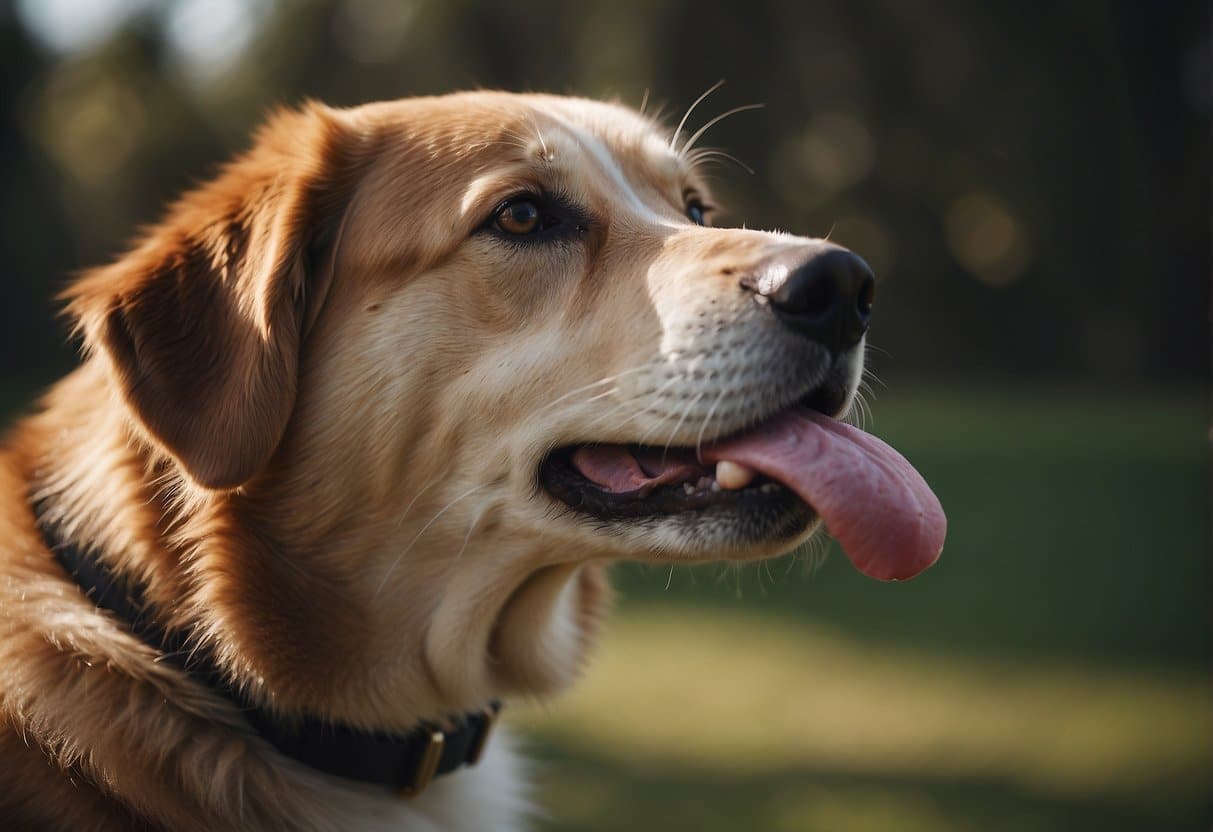
When a dog licks your face, it’s not just a simple act of slobber; there’s meaningful communication happening behind those wet kisses. Dogs use licking as a multifaceted language to convey a variety of messages and emotions. At its core, a lick from your loyal companion can be a sign of affection, a greeting, or a request for attention. Puppies learn this behavior from their mothers, who lick them to provide comfort and social bonding. As they grow, dogs continue to use licking as a natural way to express their feelings and intentions to their human families.
Understanding the context of when and how your dog licks can reveal much about their emotional state and desires. For instance, a lick can be an attempt by your dog to show respect, seek comfort, or even as a behavior that has been reinforced by your positive reactions over time. Licking behaviors can also stem from instinctual habits inherited from their wild ancestors. Recognizing these signals helps in building a stronger human-animal bond and provides insight into canine behavior. Observing your pet’s body language in conjunction with licking can tell you if they’re feeling playful, submissive, or if they are trying to communicate something more specific, like wanting to go for a walk.
Key Takeaways
- Licking is a complex communication tool for dogs expressing various emotions and desires.
- The significance of a dog lick can range from affection to respect, and understanding the context is key.
- Observing body language alongside licking helps decipher a dog’s feelings and intentions.
Understanding Dog Licking Behavior
When your dog licks your face, it’s not just a simple act of slobber; it’s a complex behavior stemming from their instincts and their social interactions. It’s important to understand the nuances of why your dog engages in face licking so you can better interpret their needs and strengthen your bond.
Instinctual Reasons for Licking
Dogs lick for a variety of instinctual reasons. Mother dogs lick their puppies to clean them and stimulate their bodily functions. This nurturing behavior is a key part of the mother-pup relationship and helps establish a bond. Puppies learn this behavior and may carry it into adulthood as a comforting gesture. It’s also thought that, like their ancestors, dogs lick to taste salt or to gather information about their environment, as their sense of taste and smell are intricately connected.
Communication and Social Behavior
Face licking can serve as a communication tool within the pack structure. Dogs use it as a sign of respect and deference towards more dominant individuals, both canine and human. It is part of their body language, signaling anything from affection to the desire for attention. Understanding your dog’s social behavior when they lick can help you respond appropriately, recognizing whether they are signaling submission, seeking comfort, or simply offering a greeting. Remember, while face licking is often seen as a sign of affection, it’s important to observe the context of the behavior to get a clearer picture of your dog’s emotional state.
Frequently Asked Questions
In this section, you’ll find answers to common questions about why dogs might lick your face, encompassing behavior motivations and hygiene considerations.
Why does my dog lick my face aggressively?
If your dog appears to lick your face aggressively, it could be exhibiting over-excitement or displaying dominance. It’s essential to observe the accompanying body language to understand the behavior fully.
Is it safe and clean to allow my dog to lick my face?
Allowing your dog to lick your face carries a small risk of transmitting bacteria and parasites. While a dog’s mouth isn’t necessarily “cleaner” than a human’s, most microbes in a dog’s saliva are dog-specific and often don’t cause harm to humans. But maintaining good pet hygiene and health can minimize these risks.
Why does my dog specifically choose to lick my mouth and nose?
Your dog may lick your mouth and nose because these areas have strong scents that can convey information or because they have remnants of food. Licking these areas can be a method for your dog to gather sensory information or to enjoy a light snack.
Do dogs lick humans as a display of affection comparable to kisses?
Dogs often lick humans as a display of affection, which is analogous to the way humans give kisses. Licking releases pleasurable endorphins for dogs and can be a way of expressing comfort, love, or familiarity.
Is a dog’s lick an indication of its love towards its owner?
A dog licking its owner is commonly an indication of affection and can signal that your dog feels comfortable, secure, and close to you, which are all signs of love in the canine world.
Why would a dog I’m not familiar with want to lick my face?
A dog you’re not familiar with may lick your face out of curiosity, to gather information about you, or as an appeasement gesture. Dogs can also use licking to express submission to unfamiliar people.





